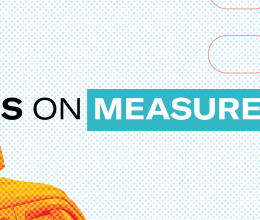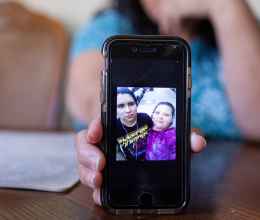
LOS ANGELES - Exactly one year after hundreds of people were arrested near bus stations and supermarkets for alleged immigration violations, the American Civil Liberties Union of Southern California has obtained more than a thousand pages of documents that may confirm community suspicions that the border patrol targeted people based on race.
The ACLU of Southern California filed a lawsuit last December seeking Border Patrol records after the agency repeatedly ignored a request for records under the Freedom of Information Act. Last week, U.S. Customs and Border Protection, formerly the Border Patrol, released the last of 1,500 pages detailing raids last summer in Los Angeles, San Bernardino, Riverside, Kern, and San Diego counties.
"Because these raids were so unusual and intrusive, they sparked tremendous fear in the community. People wanted an explanation, so we filed this case to find out the facts about why the raids happened," said Ramona Ripston, Executive Director of the ACLU of Southern California. "When people know what their government is up to, there is greater trust in the system as well as greater knowledge of how to improve the system."
The released CBP documents show:
'Agents suspected people of not being U.S. citizens simply because they spoke Spanish.
'Agents stopped and questioned at least 45 people who were citizens or legal residents.
'Although the CBP claimed the raids were based on intelligence from local police, at least one police department denied giving any information to the agency.
'Agents approached pedestrians and people waiting at bus stops and day laborer sites for questioning.
'Agents arrested 423 people altogether, some in cities as far as 250 miles away from the U.S. - Mexico border.
"Although the Border Patrol claimed that the raids were based on specific intelligence, there is nothing in the documents released to support their claims," said Ranjana Natarajan, an attorney for the ACLU of Southern California.
Documents show that Department of Homeland Security and border patrol officials in Washington, D.C. knew nothing of the raids because there was no prior approval from the headquarters. After the raids, Homeland Security told CBP to focus on law enforcement at the border and let a different agency, the U.S. Immigration and Customs Enforcement, handle enforcement inside the country. Nearly a year after the initial request for documents, the ACLU will negotiate with the CBP for the release of additional documents that the agency has continued to withhold.






